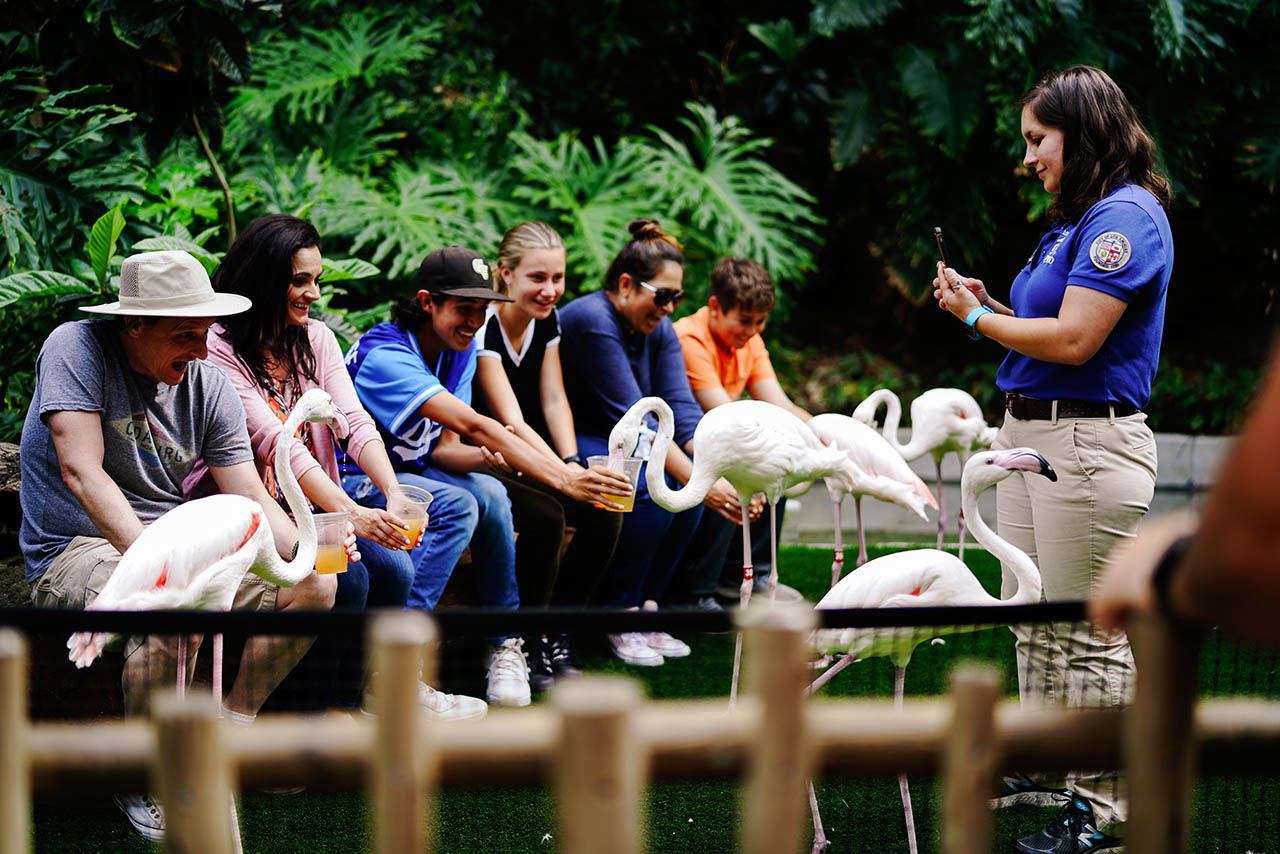Concern and curiosity are two sides of the same coin. They’re both important aspects of adaptability, but one is more powerful than the other. Here’s how they differ and why it matters in your professional environment.
The concern is the ability to be future-focused
It’s the act of thinking about what could happen and preparing for it, which is a very important skill to have in today’s world.
Concern can be helpful because it allows us to take action now so that we can avoid problems later on down the road. When you’re concerned about something, it means that you’ve thought about what might happen if this issue isn’t resolved or dealt with properly–and then taken steps towards resolving those issues before they become real problems in your life. Concern encourages proactive behavior; instead of waiting until something goes wrong before trying to fix it (or worse: ignoring it altogether), concern motivates us into action so that we don’t end up regretting not doing anything once things get serious!
Concern helps you prepare for the future, but too much of it can overwhelm you
Concern can be a useful tool for planning for the future and working out what you need to do next. For example, if you’re concerned about your finances, the concern will help you figure out how much money is coming in and going out each month so that you know how much to budget for rent or groceries.
Concern can also be helpful when it comes to managing feelings of fear or anxiety about dangerous situations such as car accidents or natural disasters such as earthquakes or tornadoes. But overthinking potential scenarios can do more harm than good, as you might become overwhelmed with planning and worrying.
Curiosity allows individuals to conceptualize a sense of self in various scenarios
Curiosity is the key to not being afraid of change and the unknown. It allows individuals to conceptualize a sense of self in various scenarios, which can help them learn more about themselves. Curiosity also helps you see things from different perspectives, making it easier for you to solve problems or think creatively. Additionally, curiosity helps people learn new things by prompting them to ask questions about subjects they don’t understand or know much about yet.
Curiosity is an incredible tool for developing mastery and breaking free of limitations
Curiosity allows us to explore new opportunities, learn more about our world, and expand our minds.
If you’re curious about something, you are more likely to be open to new ideas and experiences. Curiosity encourages you to step outside of your comfort zone so that you can learn about yourself as well as other people and things around the world.
You need both concern and curiosity to succeed in the professional environment
Concern and curiosity are both important, but they’re not the same thing. Concern helps you prepare for the future and form expectations about what will happen, while curiosity will prompt new discoveries and allow you to conceptualize a sense of self in various scenarios.
Concern and curiosity are two different but equally important traits. They both play an integral role in our ability to adapt and succeed professionally. The key is to find the right balance between them so that you can navigate the world with confidence while still being open-minded enough to explore new ideas and opportunities as they arise.




